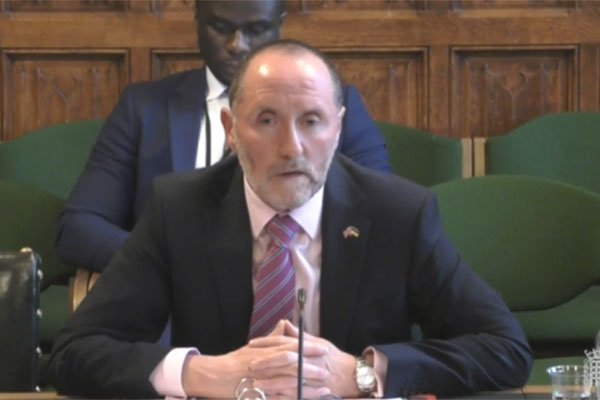One in six successful Manchester Housing First participants have moved home
One in six Manchester Housing First participants reported as sustaining a tenancy have moved home, Inside Housing can reveal.
The figures were revealed after a Freedom of Information request sent to Greater Manchester Combined Authority (GMCA) by Inside Housing revealed that 38 out of the 238 participants classed as sustaining a tenancy have moved home. This equates to 14.7%, or one in six.
Housing First provides supported housing for rough sleepers with complex needs. The scheme has run in Greater Manchester since April 2019 with funding from central government and currently holds a 76% tenancy sustainment rate.
These 38 participants moved home for a variety of reasons. A total of 15 moved because of domestic violence or threats, while a further 10 moved due to personal choice.
Fewer than 10 each abandoned their home, moved to alternative support, changed their mind, moved due to hospital or moved due to rehab.
GMCA said it considered sustainment of a tenancy to be a tenancy without a period of homelessness or temporary accommodation. It said that people were allowed to move to accommodation that was better suited to their needs, and that the first home they moved to does not have to be the last one.
Alex Smith, Housing First lead at Homeless Link, told Inside Housing the scheme was not a model that means one person is attached to a tenancy. “It’s about a general ethos that somebody has a right to a home.”
Moving is “a normal thing to happen”, she said, and “it can also be positive. I’ve heard lots of stories about people reconnecting with children and needing another bedroom so they can come and stay over for visits.”
Ms Smith explained that the idea is to “normalise moving, and not make it a kind of additional condition that somebody stays within the one tenancy that they’re given”.
If someone had experienced a break in tenancy and returned to the streets for a period, the support would continue but “we’d probably say that that tenancy hasn’t worked”, she added.
Manchester hosted a Housing First conference in November, where Andy Burnham, mayor of Greater Manchester, said the government should make Housing First not a project but a philosophy, with the right to decent housing enshrined in law.
Research highlighted at the conference found that by the end of their third year on the scheme, participants experienced a reduction in physical health issues of 39%, and an increase in engagement with GP services of 39%.
These reductions occurred alongside a decrease in offending behaviour of 39% and a reduction in substance misuse of 22%.
A spokesperson for GMCA said: “A person participating in the Housing First scheme may move for a number of reasons, including to find accommodation that better supports their personal circumstances or for reasons of personal safety. We firmly reject the suggestion that such a planned move represents a break in sustained tenancy.
“The government’s own definition of sustained tenancy, shared by the GMCA, includes managed moves from one tenancy to another without a period of homelessness or an unplanned move to temporary accommodation.
“Supporting people to move in a planned way without a period of homelessness enables them to continue their recovery in a way best suited to their needs. Individuals have choice and control in their own circumstances, and Housing First support is not attached to a property but is provided for as long as it is required.”
Sign up for our homelessness bulletin
Already have an account? Click here to manage your newsletters












